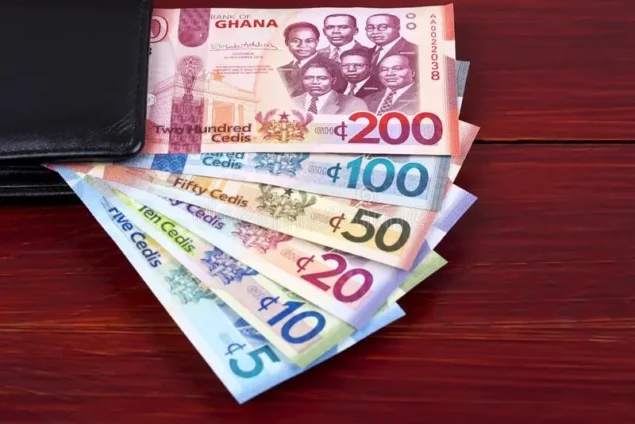Story: Business Desk
The cedi’s sustained “good run” against the dollar over the past two weeks of October 2025 has helped erase the local currency’s losses posted in the third quarter of the year.
Data from Bloomberg News and the World Bank show that the cedi depreciated by about 14% in the third quarter of 2025.
This decline had slowed the cedi’s earlier record appreciation from more than 40% at the end of July 2025 to about 21% by the end of September.
However, new data from commercial banks now show that the cedi’s year-to-date (YTD) appreciation stands at 37%.
This means that from the beginning of October alone, the local currency could have appreciated by about 16% against the U.S. dollar, effectively “clawing back” the losses recorded between July and September 2025.
A closer analysis of price quotes from commercial banks since the start of the year also revealed that within a single week — from October 13 to 17 — the cedi appreciated by 9.5% against the dollar.
This could be one of the highest weekly appreciations recorded by the Ghana cedi in recent history.
Market sources indicate that the Bank of Ghana has slowed its direct dollar interventions, although the interbank market remains “very liquid” in terms of foreign exchange supply.
Some commercial banks have attributed the cedi’s recent rally to new forex and monetary policy measures that have improved dollar supply and strengthened enforcement of foreign exchange regulations.
A key factor has been the Bank of Ghana’s decision to revise its forex market interventions — moving from weekly auctions to spot sales for commercial banks. According to the Ghana Association of Banks, this policy shift has enhanced market efficiency.
Its Chief Executive, John Awuah, told the media that the cedi’s rebound reflects “recent market developments,” also linking the performance to the Bank of Ghana’s review of the Net Open Position (NOP) for commercial banks.
Market analysts further believe that the cedi’s strength is being supported by tight fiscal and monetary policies, rising export revenues, and improved investor confidence.
They also argue that, given recent market reforms, the cedi’s strong performance may not end anytime soon.





